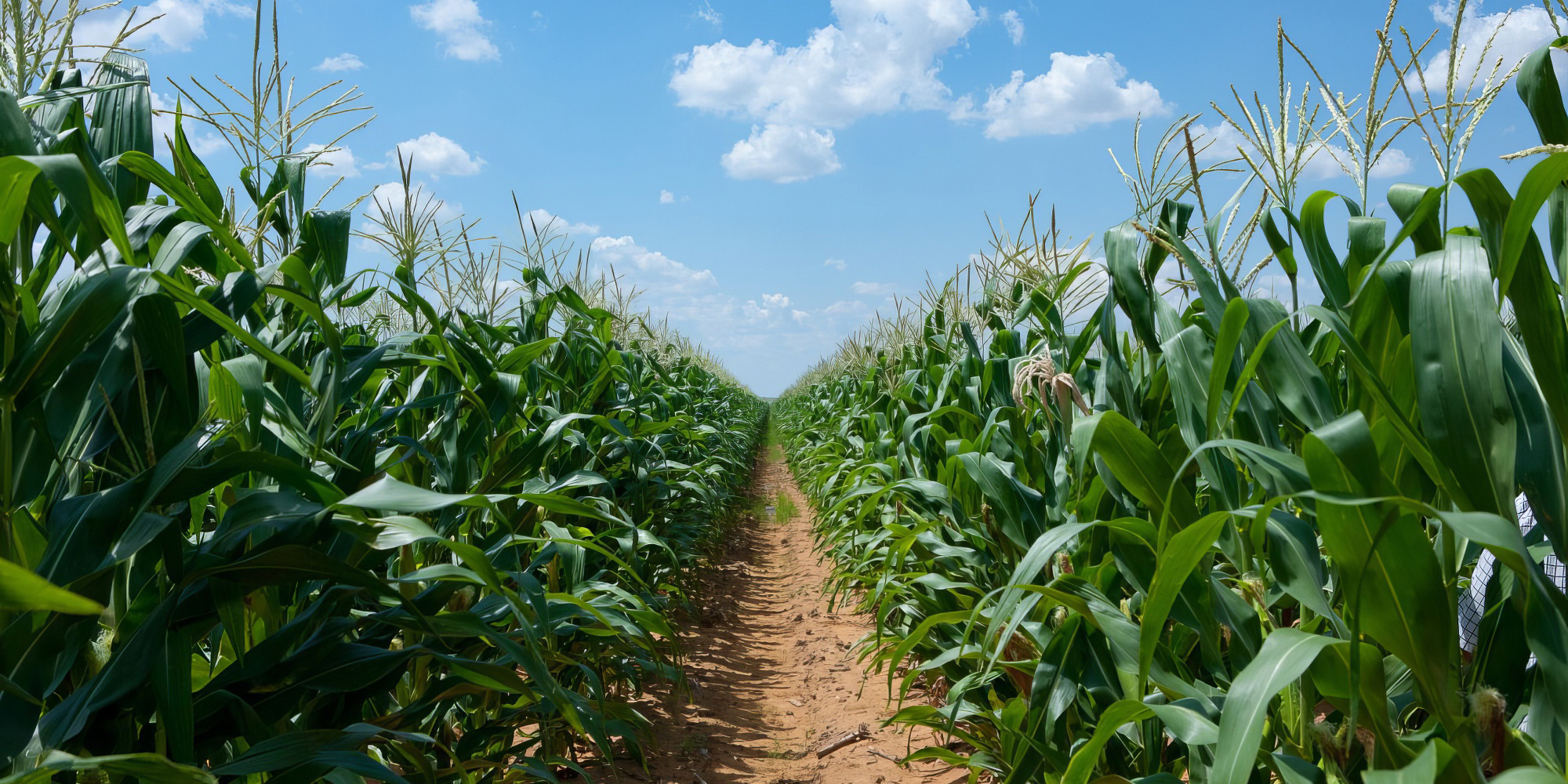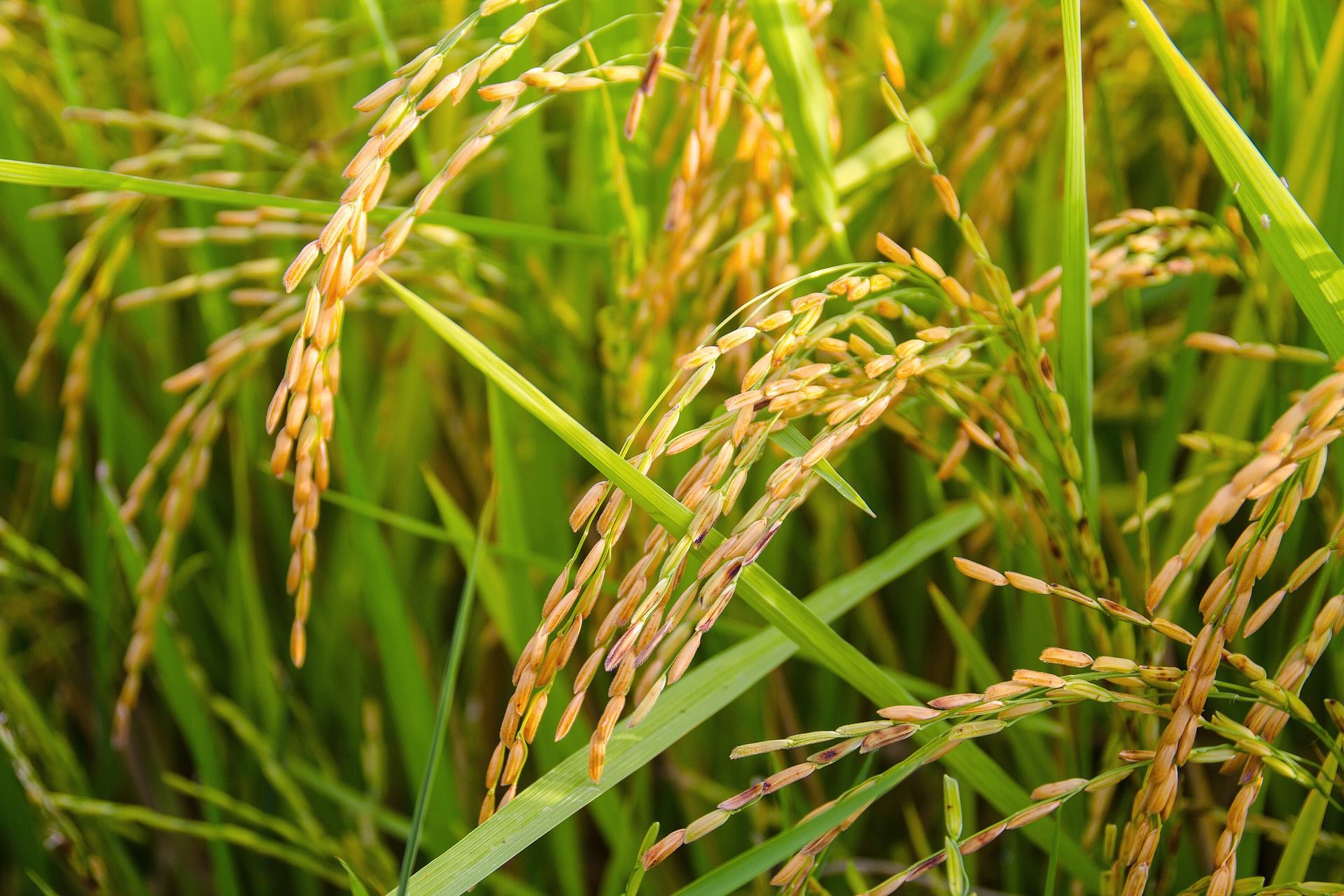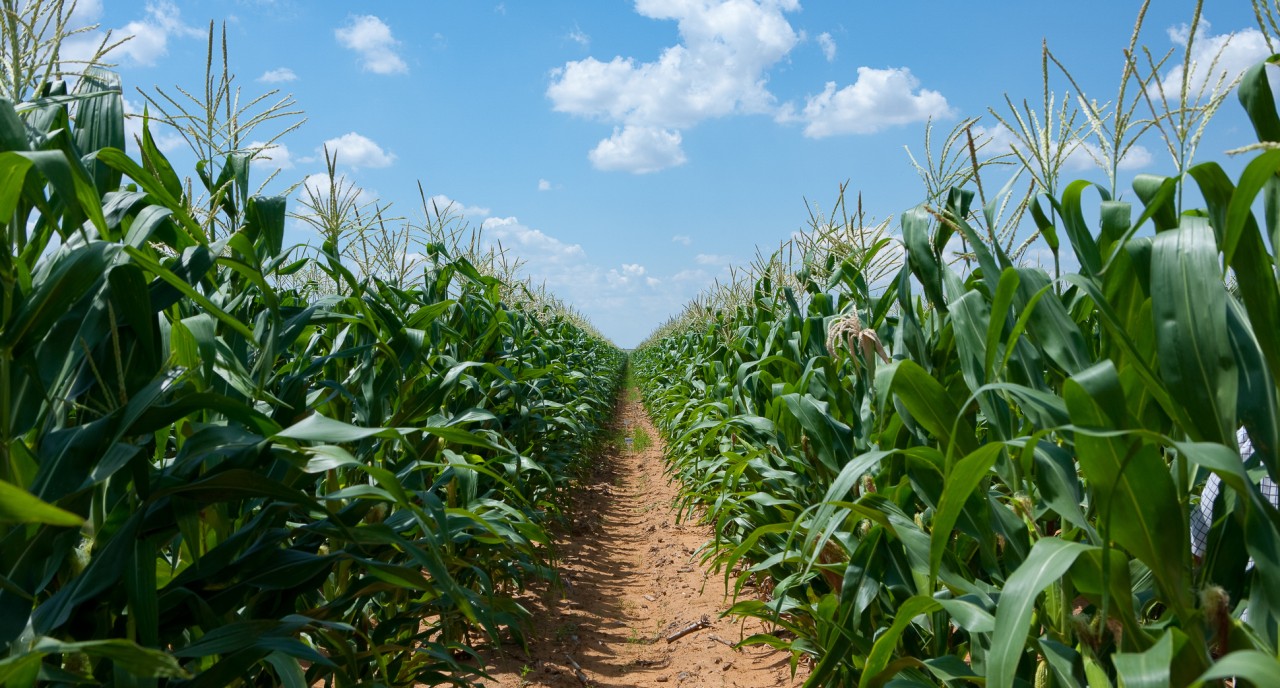
IGI Empowers Global Regulators With Crop Genome-Editing Workshop
Earlier this year, IGI hosted the International Regulatory Capacity Building for Genome-edited Agriculture Workshop in Berkeley.
As CRISPR revolutionizes plant biotechnology and expands the realm of possibilities, it has enabled researchers to more rapidly make genetic changes that can improve crops. In response, many countries are developing guidelines or reviewing their existing biosafety regulations to include genome-editing. But there is a notable capacity gap among regulators, especially from low- and middle-income countries, who typically have little or no experience with genome-editing.
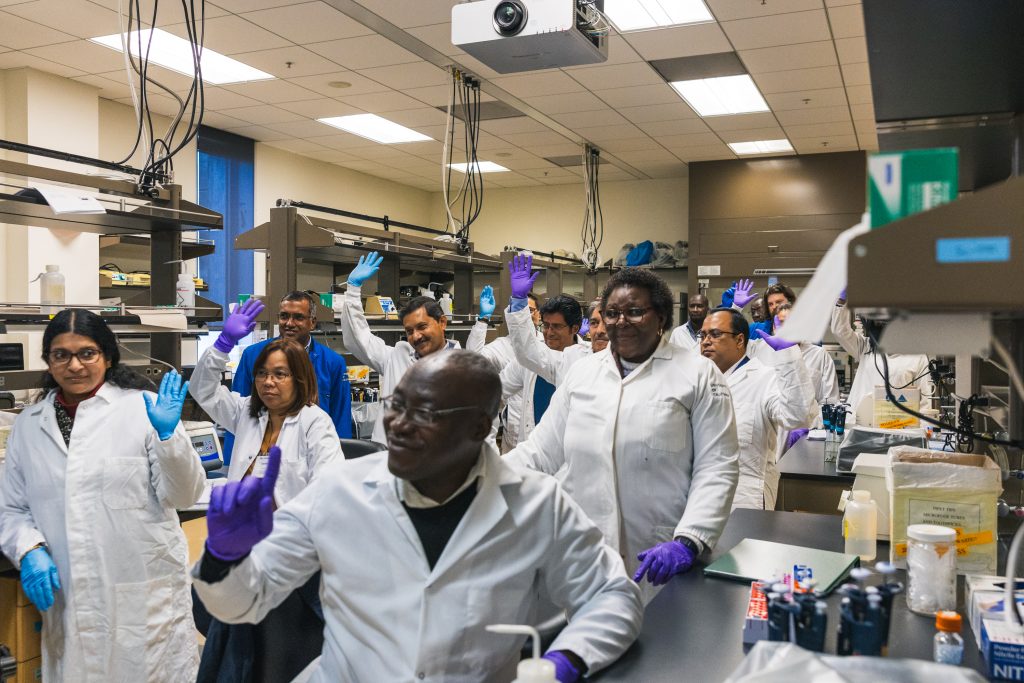
The goal of this workshop was to provide technical support for regulators evaluating applications for genome-edited crops and other agricultural products. The IGI workshop focused on countries that are either in the process of developing genome-editing guidelines, or have recently finalized new guidelines and are beginning to implement them. There were 20 participants from 18 different countries across the world including Bhutan, Burkina Faso, Bangladesh, Ecuador, Ghana, India, Kenya, Nigeria, Malaysia, Malawi, Philippines, Sri Lanka, Uganda, the United Kingdom, and Zambia. Experts from the USDA and regional agencies including the Inter-American Institute for Cooperation on Agriculture (IICA) and FAO provided oversight and shared their perspectives.
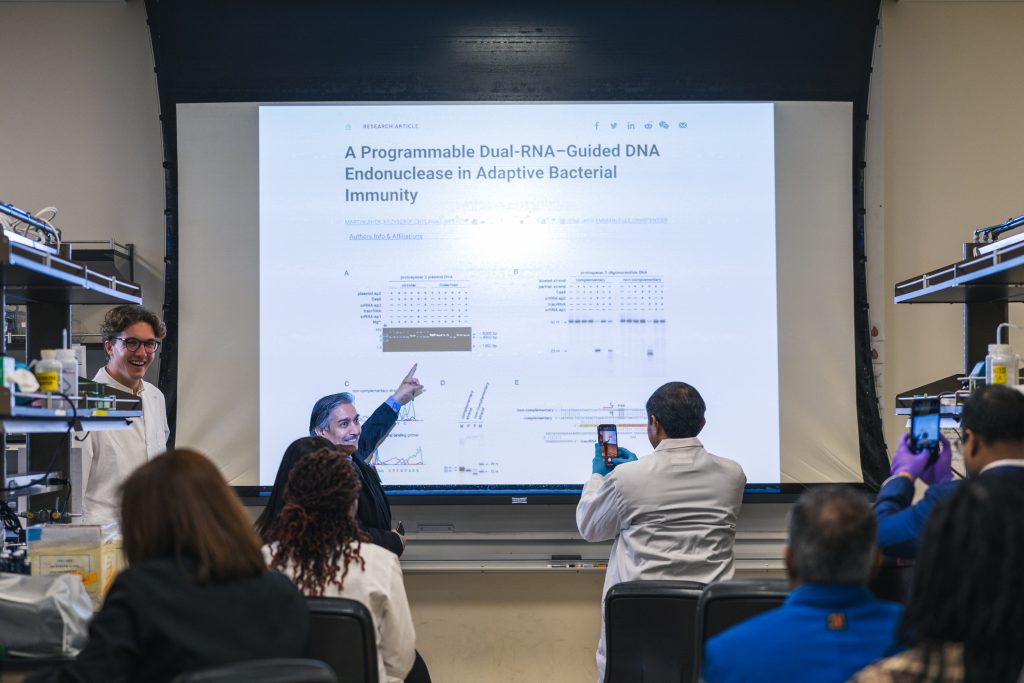
The workshop included a mix of lectures from UC Berkeley faculty, hands-on laboratory experiments, and discussion sessions highlighting topics including:
- The basics of CRISPR editing and its potential applications in agriculture
- DNA sequence analysis and other methods for evaluating genome-edited plants
- Lab tests to determine the presence of transgenes
- Regulatory challenges and lessons learned from countries with experience implementing genome-editing regulations
- Intellectual property issues for genome-edited crops
- New genome-editing tools including base editing, prime editing, and epigenetic editing
Over the past couple years, IGI researchers have also met with regulators from the Philippines and Thailand to help build regulatory capacity and shepherd responsible use of CRISPR tools in agriculture. Learn more about IGI’s Public Impact work here.
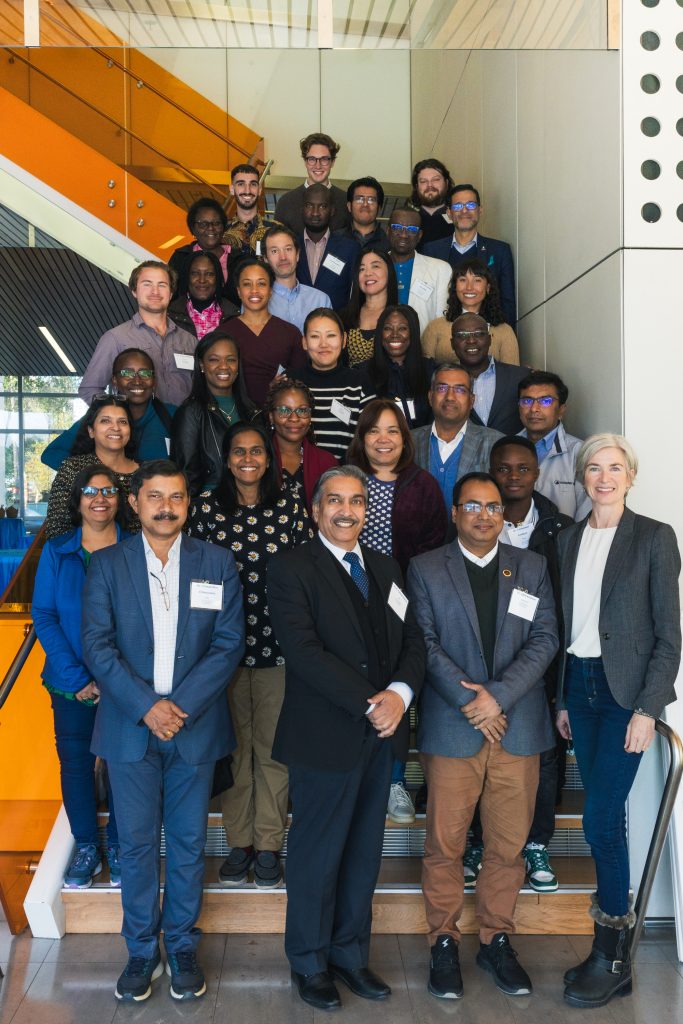
 By
Elizabeth Njuguna
By
Elizabeth Njuguna
